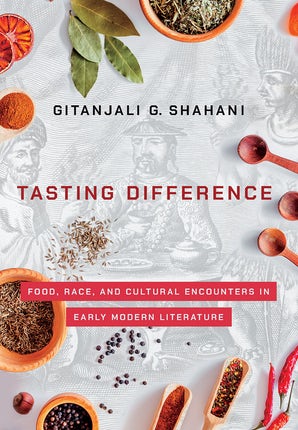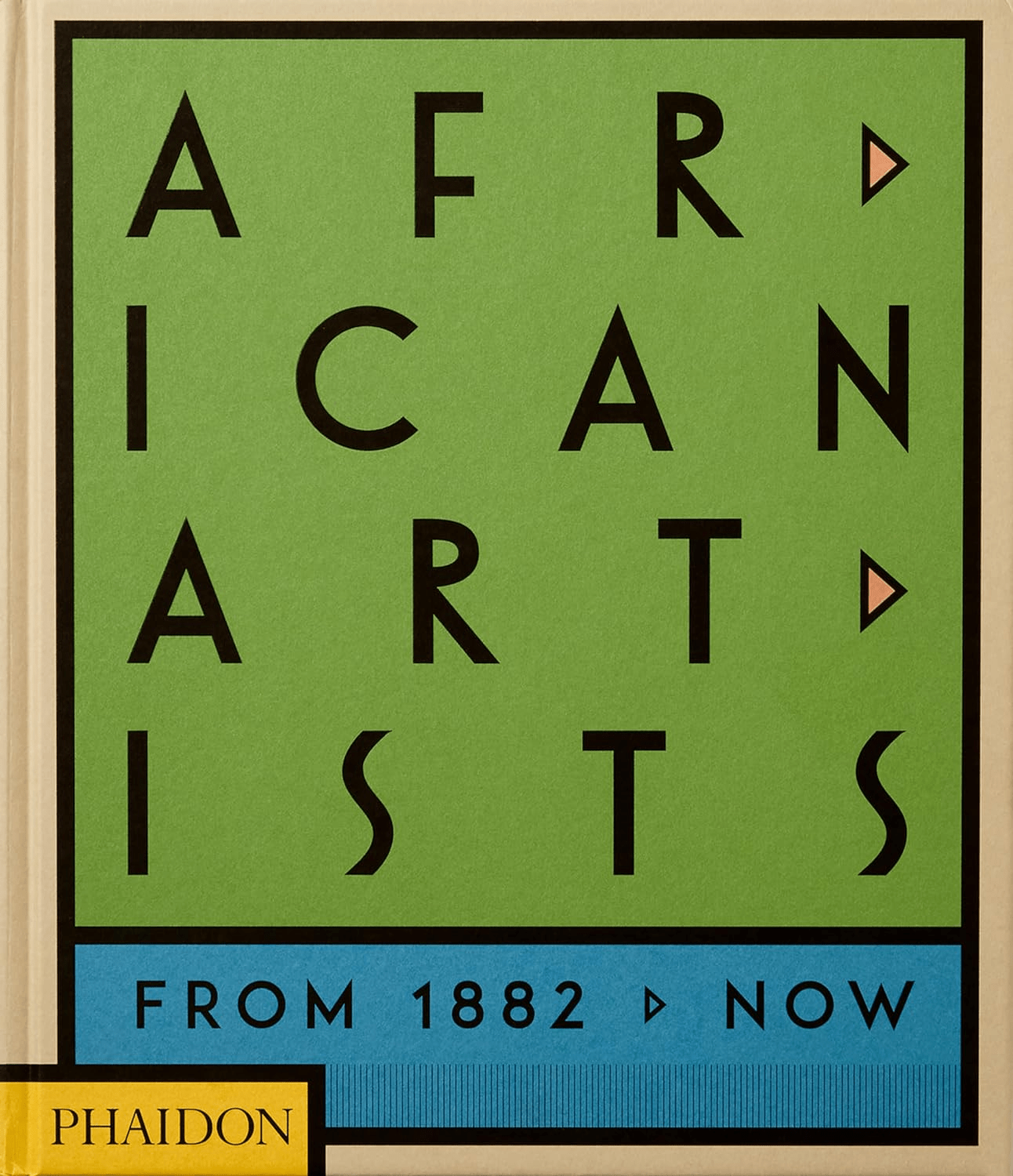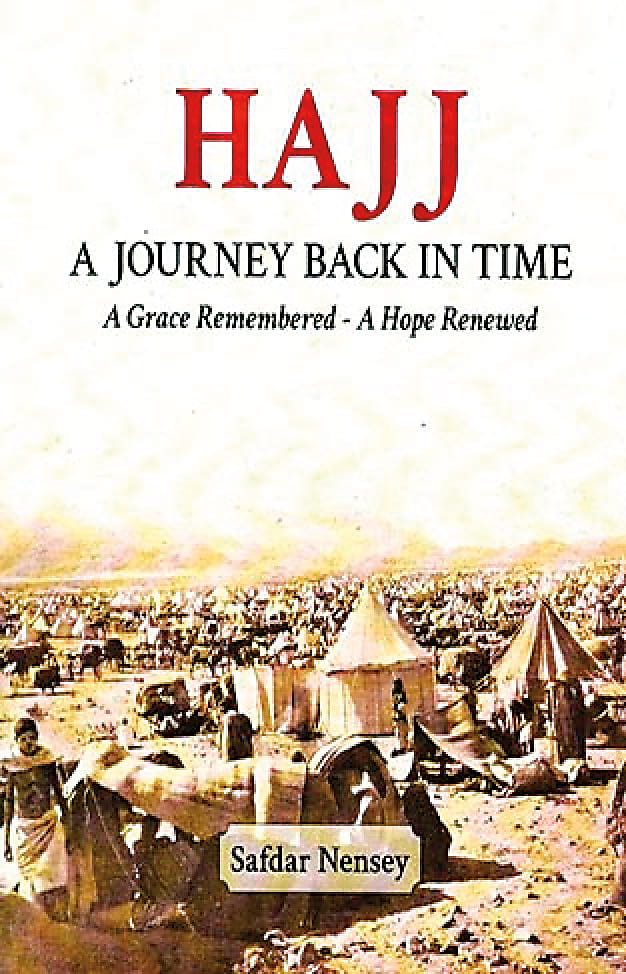
Tasting Difference: Food Race, and Cultural Encounters in Early Modern Literature
Marina Ali
Gitanjali G. Shahani
2020, Cornell University Press, 978-1-50174-870-7. $39.95 hb.
Dr. Gitanjali Shahani presents a cerebral exploration of colonial- ism, cultural heritage and racism intersecting with cuisine, detailing how we understand other groups of people through their foods. The book’s fundamental thesis centers on how cuisines can simultaneously fetishize and alienate the people they are meant to represent. We learn about the problematic origins of our favorite foods, like coffee and sugar, and how their proliferation has radically altered the nations where they originated. It is interesting to think how our daily Starbucks run originated from a bloody history marred by slavery, class warfare and environmental destruction. Even so, on a personal note, my mind hearkened back to Kara Walker’s Subtlety art exhibition, which was discussed at length in Tasting Difference, while I was measuring a cup of sugar for baking a few days prior to writing this review. This book is a must for those who aim to learn about the systemic inequalities left behind in imperialism’s wake or want to dive deeper in the history of food.
You may also be interested in...

A Century of African Art, in 300 Voices, All in One Book
From Cairo to Khartoum to Casablanca, this volume traces how African artists have shaped—and reshaped—modern art over the past century.
Author Safdar Nensey’s Hajj: A Journey Back in Time—Our Book Review
Safdar Nensey invites readers into one of the world's oldest and most sacred annual expeditions: the Muslim pilgrimage to Makkah.